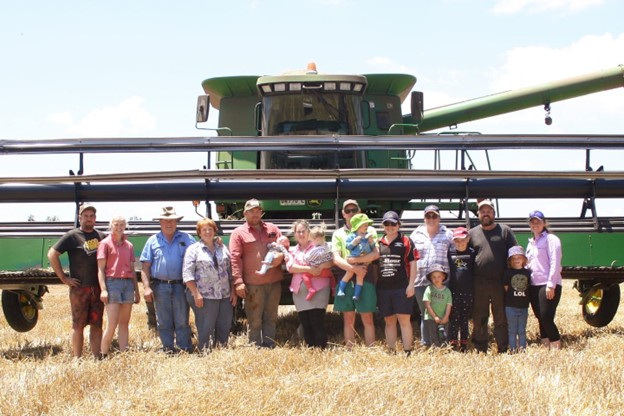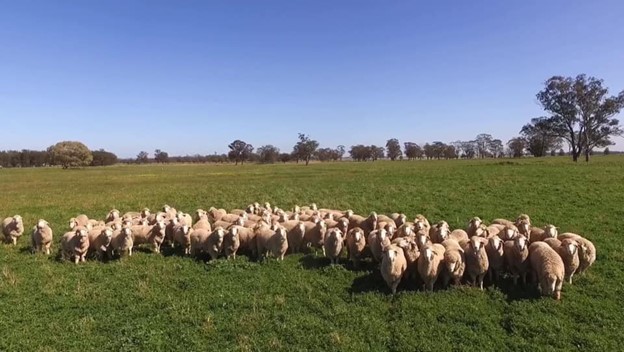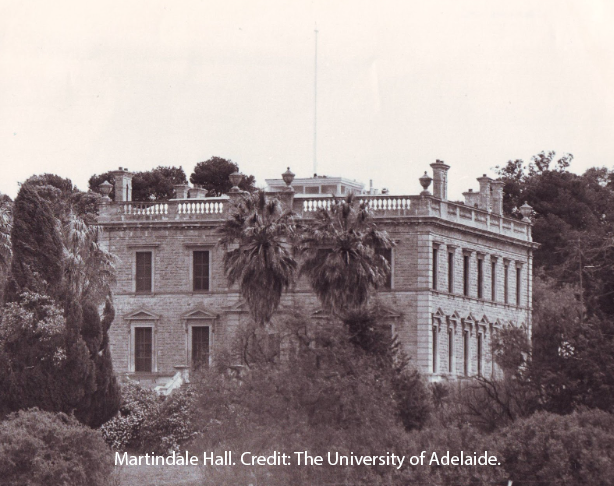 Don Mudford’s family has been farming on the western plains of New South Wales for more than a century. But they haven’t maintained all traditional practices.
Don Mudford’s family has been farming on the western plains of New South Wales for more than a century. But they haven’t maintained all traditional practices.
Don Mudford’s Parkdale SRS Poll Merino Stud, in between Gilgandra and Dubbo, runs 21,000 merino over 98,000 acres.
Thanks to a successful breeding program backed by hard work and genetic science, he says they haven’t mulesed a lamb since 2004.
“We had to breed the genetics to actually stop mulesing. There weren't any good wool sheep out there that didn't have wrinkle, so we had to breed those sheep and that took a bit of time. But today you could be presented with the wrinkliest sheep in Australia and if joined correctly with the genetics that are available you wouldn’t have to mules the lambs, it’s that quick,” he said.

“The actual deciding moment was when some mates of our sons were at home on the weekend and I thought what a great opportunity to get through a few more lambs. And so we were doing the traditional way of using the knife and mulesing and these young boys, they would have been about 14, they jacked up on us and it was all too much for them. And so it made us stop and think.”
That was in 2002, Mr Mudford’s operation has come a long way since then.
“Our sheep are not mulesed, highly blow-fly resistant, plain-bodied and produce deceptively high fleece weights of very soft wool,” he said.
Mr Mudford said there is a trend moving away from the practice.
“There’s definitely a change on. We've had 20 years as an industry to stop mulesing and it only takes one to five years to stop so really there's no excuse for growers to be still mulesing.”
 Results
Results
